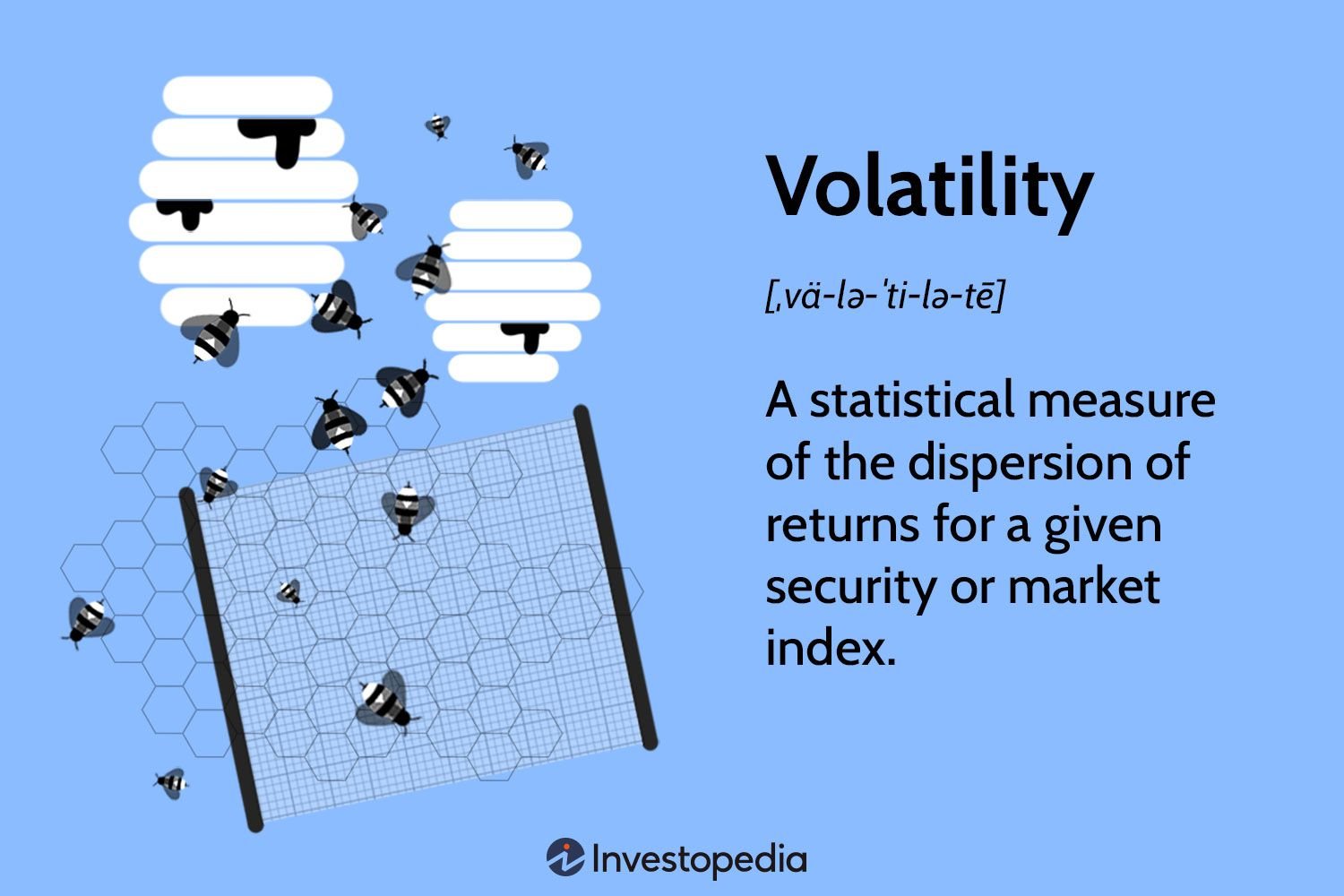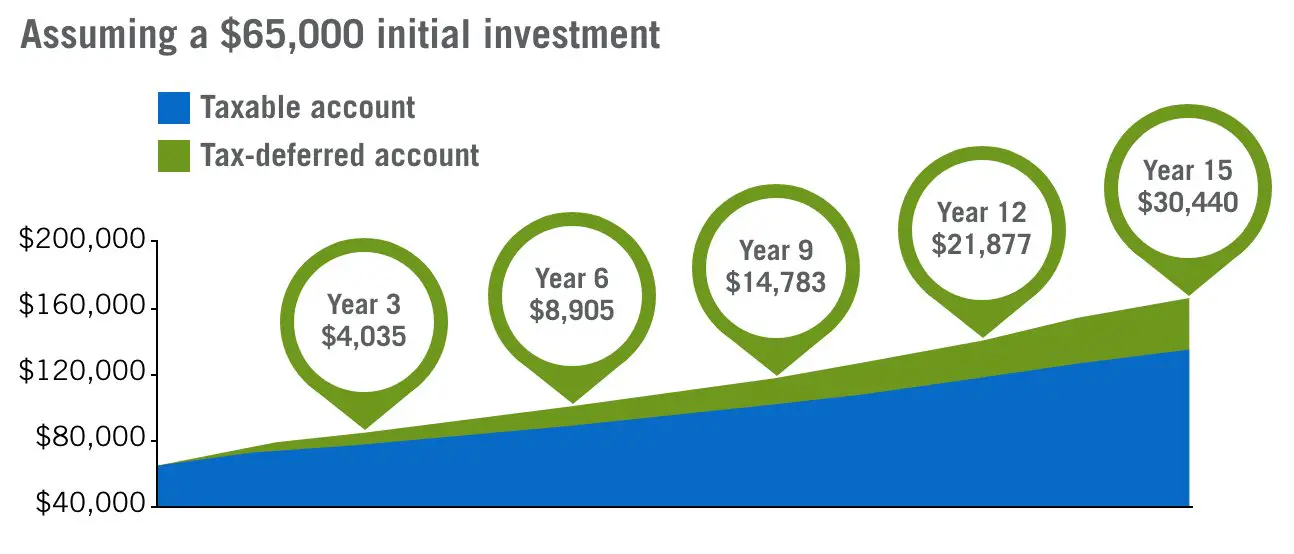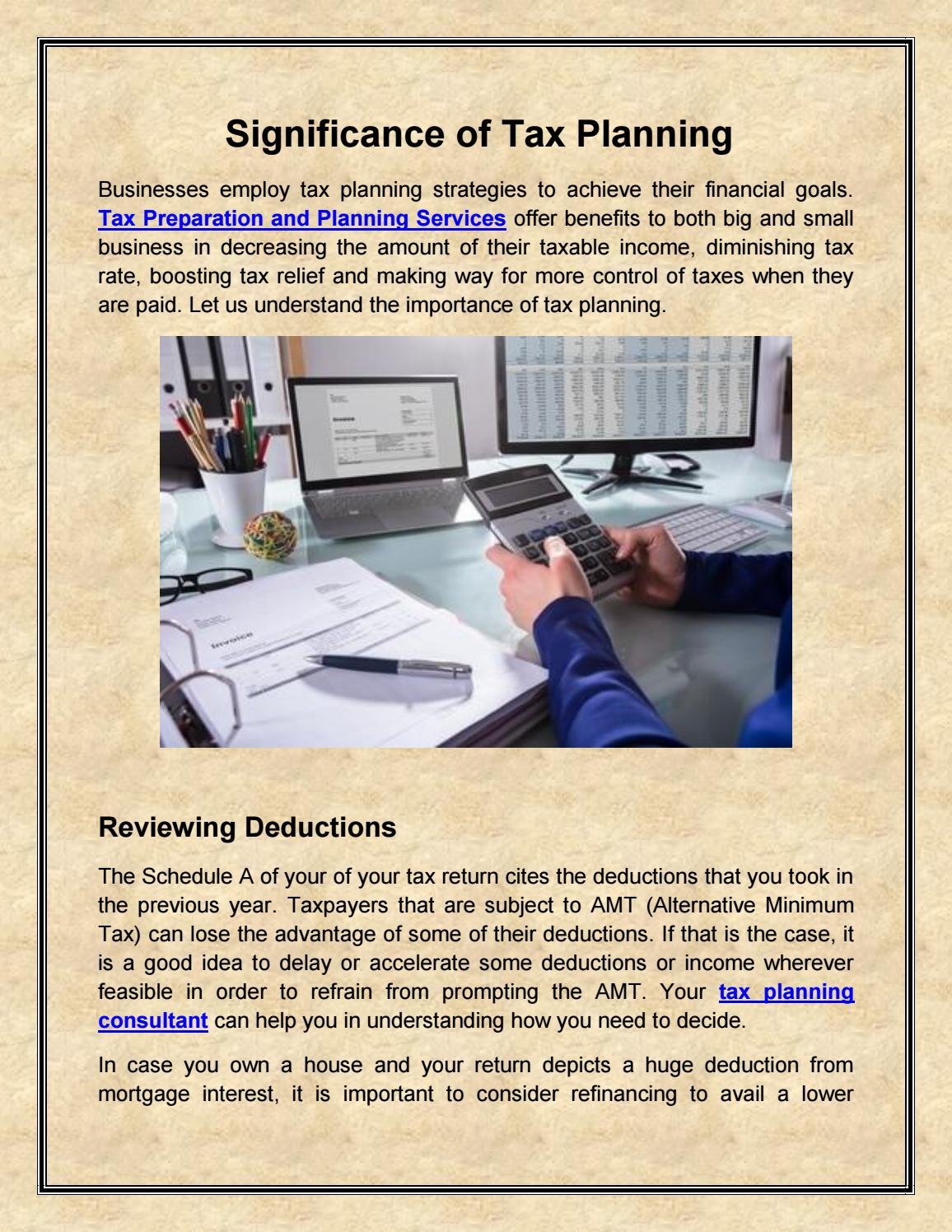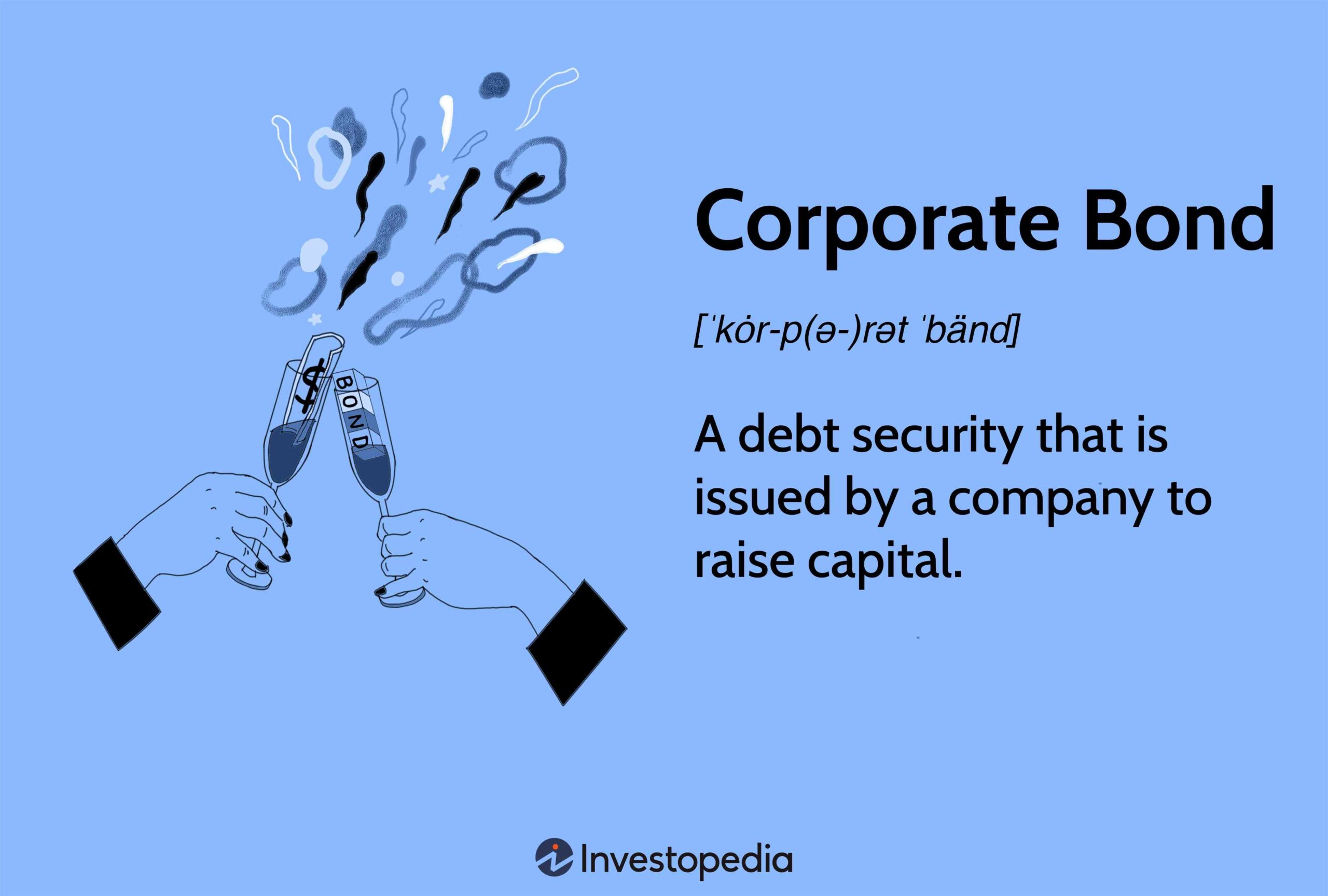Market volatility can be a daunting concept to grasp, but understanding its impact is crucial for any investor. So, what exactly is market volatility? It refers to the rate at which prices for financial securities fluctuate in the market. While it may seem unpredictable and chaotic, there are patterns and reasons behind market volatility that can be deciphered with careful analysis. In this blog article, we will delve into the nuances of understanding market volatility and explore its impact on investments. So, let’s dive right in and unravel the intricacies of this fascinating phenomenon.
Understanding Market Volatility and Its Impact
Market volatility is a concept that often elicits mixed emotions among investors. While it can present opportunities for significant gains, it also carries inherent risks. As such, understanding market volatility and its impact is crucial for individuals seeking to navigate the complex world of finance and achieve long-term investment success. In this article, we will delve into the intricacies of market volatility, exploring the factors that contribute to its fluctuations and examining its effects on various asset classes and investment strategies.
What is Market Volatility?
Market volatility refers to the degree of variation or fluctuation in the price of a financial instrument or market index over a specific period. It reflects the speed and magnitude of price changes and serves as a measure of the overall uncertainty or risk in the financial markets. Volatility can be driven by a combination of factors, including economic indicators, geopolitical events, investor sentiment, and market liquidity.
Factors Affecting Market Volatility
Several factors contribute to the volatility of financial markets. Understanding these factors can provide insights into the causes of market fluctuations and help investors make informed decisions. Some key factors influencing market volatility include:
- Economic Indicators: Economic indicators, such as gross domestic product (GDP), inflation rates, and employment data, can significantly impact market volatility. Positive economic news may boost investor confidence, leading to lower volatility, while negative economic developments can create uncertainty and increase volatility.
- Geopolitical Events: Geopolitical events, such as wars, political unrest, or trade disputes, can have a profound impact on market volatility. These events introduce uncertainty into the markets as investors reevaluate their positions based on potential changes in government policies, trade agreements, or global stability.
- Investor Sentiment: Investor sentiment plays a crucial role in driving market volatility. Fear and greed can lead investors to buy or sell assets, causing significant price fluctuations. Sentiment indicators, like the Volatility Index (VIX), measure market participants’ expectations of future volatility.
- Market Liquidity: Liquidity, or the ease with which assets can be bought or sold without impacting their prices, affects market volatility. Low liquidity can amplify price movements, as it becomes more challenging to execute trades without significant price impact.
- Interest Rates and Monetary Policy: Central banks’ decisions on interest rates and monetary policy can influence market volatility. Changes in interest rates can affect borrowing costs, consumer spending, and corporate profitability, thereby impacting market sentiment and volatility.
The Impact of Market Volatility on Asset Classes
Market volatility affects different asset classes in varying ways. Understanding these effects can help investors construct diversified portfolios that align with their risk tolerance and investment objectives. Let’s explore the impact of market volatility on some common asset classes:
1. Stocks
Stocks are among the most volatile asset classes, with prices influenced by a multitude of factors. When market volatility spikes, stock prices tend to fluctuate more rapidly, presenting both opportunities and risks. During periods of high volatility, investors may experience sharp price declines as fear and uncertainty drive market participants to sell their holdings. On the other hand, volatility can create buying opportunities, allowing investors to acquire stocks at discounted prices.
2. Bonds
Bonds are generally considered less volatile than stocks. However, market volatility can still impact bond prices, particularly for bonds with longer maturities or lower credit ratings. When volatility increases, investors often seek safer assets, such as government bonds, causing their prices to rise and yields to fall. Conversely, riskier bonds may experience price declines as investors demand higher yields to compensate for the increased risk.
3. Commodities
Commodities, such as gold, oil, and agricultural products, can be highly sensitive to market volatility. Economic uncertainty and geopolitical events often drive investors to seek refuge in commodities, influencing their prices. During periods of high volatility, safe-haven commodities like gold may experience price increases, while industrial commodities like oil may face downward pressure due to concerns over reduced demand.
4. Real Estate
Real estate is another asset class that can be affected by market volatility. Although real estate investments are generally considered less liquid than stocks or bonds, they can still be impacted by changes in market sentiment. During periods of high volatility, demand for real estate may decrease as investors become more risk-averse. This can result in slower property sales and softer pricing.
5. Alternative Investments
Alternative investments, such as hedge funds, private equity, and venture capital, often exhibit low correlation with traditional asset classes like stocks and bonds. While they may offer potential diversification benefits, alternative investments are not immune to market volatility. Their performance can be influenced by various factors, including liquidity conditions, investor sentiment, and market trends.
Impact of Volatility on Investment Strategies
Market volatility can significantly impact investment strategies, particularly those focused on short-term gains or active trading. Here are a few common investment strategies and their relationship with market volatility:
1. Buy and Hold
The buy-and-hold strategy involves purchasing assets and holding them for an extended period, regardless of short-term market fluctuations. This strategy often aligns with long-term investment goals and is less affected by short-term volatility. Investors employing the buy-and-hold approach rely on the long-term growth potential of their investments and typically withstand short-term market turbulence.
2. Value Investing
Value investing involves identifying undervalued securities and holding them until their prices reflect their intrinsic value. During periods of high market volatility, value investors may find more opportunities to identify undervalued assets, as panic selling by other investors may drive prices below their true worth.
3. Momentum Trading
Momentum trading relies on identifying price trends and capitalizing on them. High market volatility often leads to significant price movements, providing momentum traders with more trading opportunities. However, increased volatility can also increase the risk of false signals and rapid reversals, requiring traders to carefully manage their positions.
4. Risk Management and Diversification
Market volatility underscores the importance of risk management and diversification. Diversifying across different asset classes, sectors, and geographic regions can help mitigate the impact of volatility on a portfolio. Risk management strategies, such as setting stop-loss orders or using options to hedge against downside risk, can also help protect investments during periods of heightened volatility.
5. Active and Passive Management
Active management involves frequent buying and selling of assets in an attempt to outperform the market. During periods of high volatility, active managers may take advantage of short-term price movements to generate returns. Passive management, on the other hand, aims to replicate the performance of a specific market index. Passive strategies often involve less frequent trading and can be less impacted by short-term volatility.
In conclusion, understanding market volatility and its impact is essential for investors looking to navigate the ever-changing landscape of financial markets. By recognizing the factors driving market volatility, analyzing its effects on various asset classes, and adjusting investment strategies accordingly, individuals can better position themselves to achieve their financial goals. Although market volatility can be unsettling, it also presents opportunities for those who can identify and capitalize on them. Remember, it is crucial to conduct thorough research, diversify your portfolio, and consult with a financial advisor to make informed investment decisions in the face of market volatility.
What is volatility?
Frequently Asked Questions
Frequently Asked Questions (FAQs)
What is market volatility?
Market volatility refers to the rapid and significant fluctuation in the prices of financial instruments such as stocks, bonds, and commodities. It is a measure of the uncertainty or risk present in the market, often caused by various factors such as economic indicators, geopolitical events, or investor sentiment.
How does market volatility impact investments?
Market volatility can have both positive and negative effects on investments. While it can present opportunities for substantial gains, it also increases the risk of significant losses. Investors may experience higher levels of uncertainty, which can lead to increased market swings and changes in asset prices.
What are the potential benefits of understanding market volatility?
Understanding market volatility allows investors to make more informed decisions. By analyzing historical volatility patterns, identifying volatile periods, and recognizing market trends, investors can adjust their investment strategies accordingly and potentially capitalize on market movements.
How can I navigate the impact of market volatility on my portfolio?
To navigate the impact of market volatility on your portfolio, it is advisable to diversify your investments across different asset classes and geographic regions. Additionally, having a long-term investment horizon and staying focused on your investment goals can help weather short-term market fluctuations.
Are there any strategies to mitigate the effects of market volatility?
Yes, there are several strategies to help mitigate the effects of market volatility. These include diversifying your portfolio, setting realistic expectations, regularly reviewing and rebalancing your investments, and considering the guidance of a financial advisor.
How should I react to market volatility?
Reacting to market volatility should be based on your investment strategy and long-term goals. It is generally recommended to avoid making impulsive investment decisions driven by short-term market fluctuations. Instead, maintaining a disciplined approach and staying focused on the fundamentals of your investments can lead to better long-term outcomes.
What are the main drivers of market volatility?
Several factors can drive market volatility, including economic indicators, geopolitical events, political developments, changes in interest rates, corporate earnings reports, and investor sentiment. These factors can individually or collectively impact the supply and demand dynamics of financial markets, leading to increased volatility.
Is market volatility predictable?
While it is challenging to predict market volatility with absolute certainty, certain indicators or events can provide insights into potential volatility. Historical data, market trends, economic indicators, and geopolitical developments can help investors make informed assessments, although the future remains inherently uncertain.
Final Thoughts
Understanding market volatility and its impact is crucial for both seasoned investors and newcomers to the financial world. By comprehending the fluctuations and unpredictability of the market, individuals can better navigate their investment decisions and manage risk effectively. The impact of market volatility can be far-reaching, affecting stock prices, investment returns, and overall market stability. Being aware of the potential consequences allows investors to make informed choices and adapt strategies accordingly. By staying informed and continuously analyzing market trends, individuals can better position themselves to mitigate risks and seize opportunities amidst market volatility. Through active engagement and understanding, one can navigate the ever-changing investment landscape with confidence and resilience.



